Asia
TPF Noob!
- Joined
- Dec 1, 2009
- Messages
- 4
- Reaction score
- 0
- Location
- Poland
- Can others edit my Photos
- Photos NOT OK to edit
Hello everyone 
I have read this forum for a couple of weeks and trying to find an answer to my question:
What makes film photography irreplaceable by digital one? Why so many people admit that digital photos are not that good?
I hope that there are enthusiasts of photography who could share their opinion and convince me that traditional photo do have soul
I would appreciate your help! I am writing a project on the film photography phenomenon and I would be glad to support it with your opinion.
I am writing a project on the film photography phenomenon and I would be glad to support it with your opinion.
Thank you in advance
I have read this forum for a couple of weeks and trying to find an answer to my question:
What makes film photography irreplaceable by digital one? Why so many people admit that digital photos are not that good?
I hope that there are enthusiasts of photography who could share their opinion and convince me that traditional photo do have soul
I would appreciate your help!
Thank you in advance



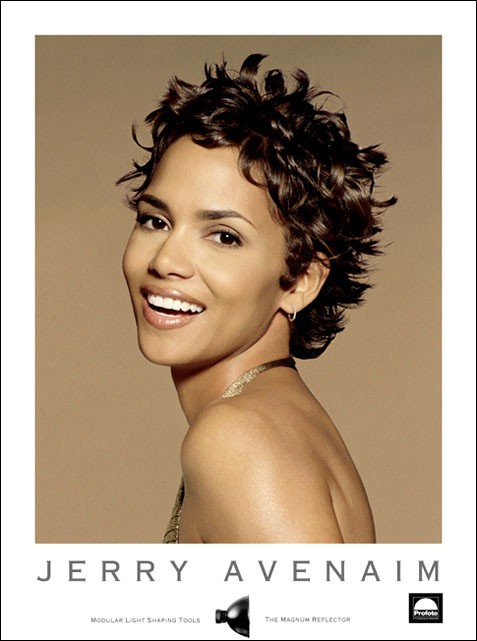
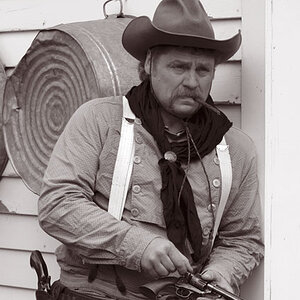
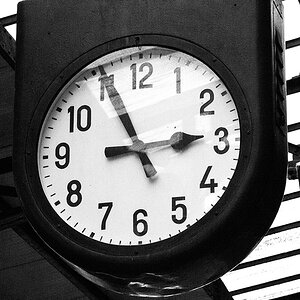



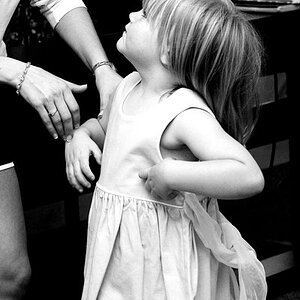
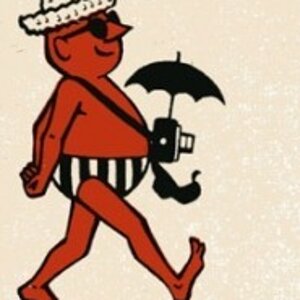

![[No title]](/data/xfmg/thumbnail/39/39290-dfb3e819bd94a7f30797638ae1ae27cf.jpg?1619738958)
![[No title]](/data/xfmg/thumbnail/34/34138-0ecadfd41de9ae178e53528e0eb1a32c.jpg?1619736310)
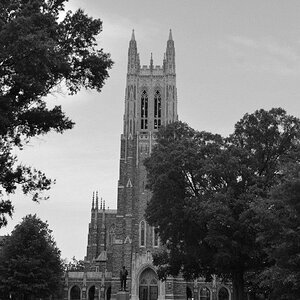
![[No title]](/data/xfmg/thumbnail/39/39288-2d76486ccc9042c6fb525aaaaffff1fb.jpg?1619738957)